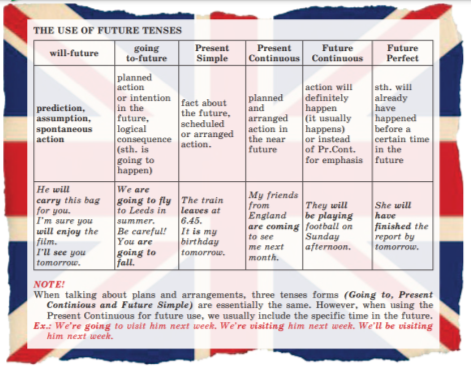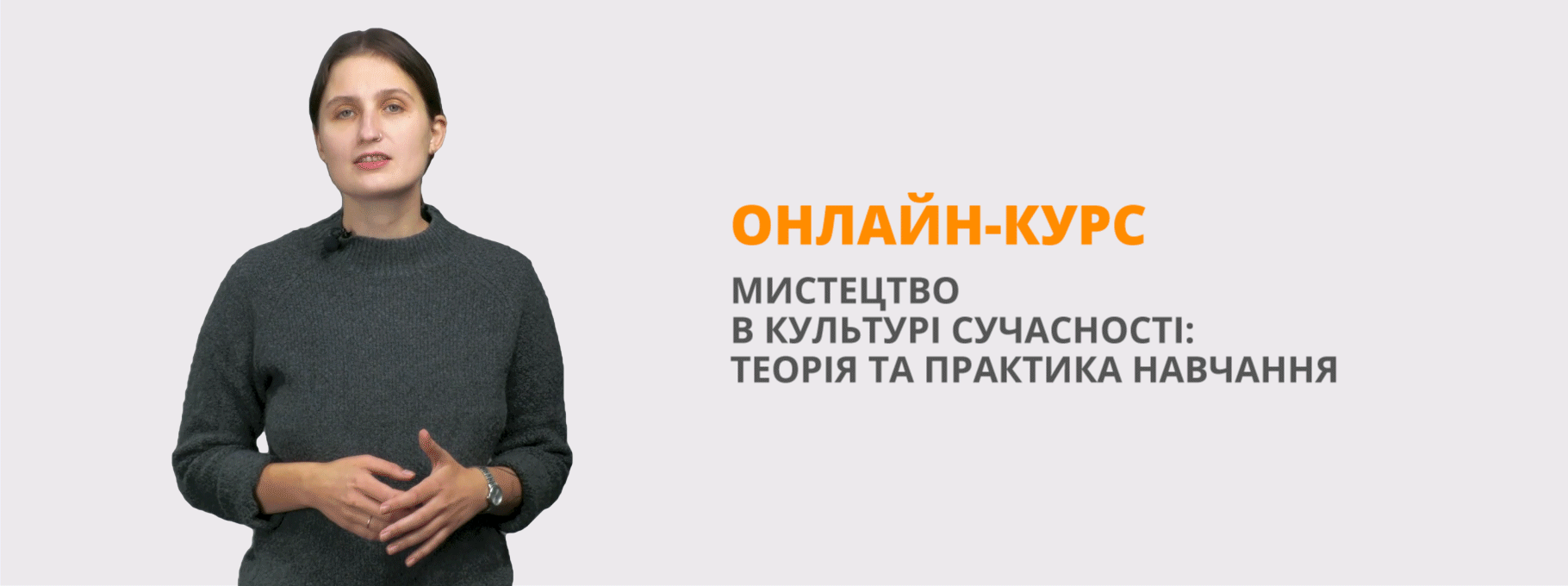Розробка уроку для 10 класу з теми "Nature and Climate"
Lesson #37 NATURE and WEATHER. OUR FUTURE IN OUR HANDS 31.01.2023
Form 10-A
Мета: навчальна: відпрацювати лексичні одиниці, пов’язані з темою Environment, надати інформацію про заходи, які потрібні для захисту навколишнього середовища, використовувати інформацію для комунікації та обговорення планів щодо захисту навколишнього середовища нашої планети; практикувати у вживанні майбутніх часів;
розвивальна: розвивати фонематичний слух, навички аудіювання, увагу, короткотривалу та довготривалу пам’ять;
виховна: виховувати ввічливість у спілкуванні, здатність до ведення полікультурного діалогу;
формувати інформаційно-цифрову компетентність (вивчення мови з використанням ІКТ), уміння вчитися впродовж життя (сміливість у використання іноземної мови, наполегливість, внутрішня мотивація та впевненість в успіху), предметну компетентність (здатність спілкуватись іноземною мовою), соціальну компетентність (співпрацювати з іншими на результат, спілкуючись іноземною мовою).
Vocabulary: activities to protect the environment; acid rain, litter, chemicals, factories, sprays, bicycles, recycled paper, solar panels, global warming, bottle banks, traffic jam, ozone layer, protect tropical rainforests, waste energy and water, plant more trees, throw plastic bags, recycle paper, cut trees, save endangered species, destroy forests, waste, conservation, recycling, reuse, environmentalist, prevention, go green, environmentally friendly.
Resources: notebook, Google work space, Jam board presentation, Memrise, Student’s book, audio file to the Student’s book.
Lesson progress
Greeting
T: Hello everyone! (students’ answers)
T: How are you? (students’ answers)
T: Glad to see you! Today is Tuesday, the 31st of January. And I think it’s time to start our classwork.
Motivation
T: Today we are going to have an interesting lesson, we’ll know more about our environment and try to find the ways how to protect our planet!
Aim and topic of the lesson. Slide 1.
And I want you to write your predictions about the lesson. For this you can use notes or type.
|
I want to know/ I want to learn |
I think we are going to… |
|
|
|
|
|
|
|
|
|
|
|
|
(The teacher reads the pupils predictions).
Slide2
T: Thank you very much. Can you answer my questions?
- What is the future of our planet?
- What footprint will you leave after yourself?
- What’s the topic of our lesson? (Pupils answers)
Slide 3
T: Ok, the topic of our lesson is “OUR FUTURE IN OUR HANDS”. And I think we can start!
Warming up. Revising Vocabulary. Memrise.
T: For the warming up let’s have a vocabulary work. Let’s log into our course “Nature and climate”
https://app.memrise.com/course/6337318/nature-and-climate/#l_14877967
T: As you remember, we read the word and translate it or spell it.
T: Thank you very much for your hard work with the vocabulary.
Using the vocabulary. Slide 4
- Look at the words below and decide which are good or bad for the environment. Put a tick (V) or a cross (X) next to each one of them.
__acid rain __litter __chemicals __factories __sprays __bicycles __recycled paper __solar panels __global warming __bottle banks __traffic jam __ozone layer
T: Ok. Let me check. Slide 5. Thanks for your work. Well done!
- Slide 6
T: What should or shouldn't we do in order to protect the environment? Use the following verbs to complete the two columns below.
cut down / destroy / plant / protect / throw away / waste / recycle / save
we should we shouldn’t
___________tropical rainforests ______________energy and water
___________more trees ______________plastic bags
___________paper ______________trees
___________endangered species ______________forests
OK. Let’s check. Thanks. You are brilliant students.
Slide 7 The keys: protect tropical rainforests, waste energy and water, plant more trees, throw plastic bags, recycle paper, cut trees, save endangered species, destroy forests.
- Slide 8
T: Look at the list of words and phrases and explain their meaning in your own words. Complete the sentences below using the given vocabulary.
waste / conservation / recycling / reuse / environmentalists / prevention / go green / environmentally friendly
1) Old environmental problems, resulting from mining and nuclear waste, are still left unresolved.
2) _____ means the process of collecting and changing old paper, glass, plastic, so that it can be used again.
3) The supermarket encourages shoppers to _____ plastic bags.
4) After watching that documentary, Sandra decided to _____ and start walking to work.
5) Energy _____ is a process of saving energy.
6) _____ are people who love the natural world.
7) _____ is better than cure.
8) Electric buses are a clean, _____ way to travel.
Keys: Slide 9
- Waste. 2. Recycling. 3. Reuse. 4. Go green. 5. Conservation. 6. Environmentalists. 7. Prevention. 8. Environmentally friendly.
Reading. Slides 10-11
T: Let’s continue our work. Read the text and tell whether there is such a holiday in your country? How is it usually celebrated?
Earth Day is an annual event celebrated on April 22. The event is held worldwide to celebrate support for protection of the environment. The first Earth Day actually consisted of two separate celebrations in 1970, one on March 21st and the other on April 22nd. Earth Day 1970 gave a voice to that appearing consciousness and put environmental concerns on the front page. It became the day when we celebrate nature, raise awareness about environmental issues, learn of ways to lighten our footprint on the planet, and send a message to the rest of the world that we care about our environment. On April 22, 1990, the 20th anniversary of Earth Day, more than 200 million people in 141 countries participated in Earth Day celebrations across the globe. Today, the fight for a clean environment continues with increasing urgency, as the destructive effects of climate change become clearer every day. It is absolutely critical that we take care of the Earth and its natural resources.
Earth Day is a great time to reflect. Are the decisions you make day-to-day in line with how you really want to live your life? If not, what steps will you take to make the two balance? There are many things you can do to help the environment; which will you focus on for the next year? Reducing greenhouse gas emissions? Reducing nutrient or sediment runoff on your property? Participating in a citizen-science, conservation-minded project? Ask yourself which of your strengths you can use to help those around you make environmentally sound decisions. Which issues do you know less about? Decide on important local or global issues you would like to learn more about and go for it. You may be a persuasive leader who can provide that little extra push that we often need, or you may be an introvert who can be successfully led by example. Use this day to commit to changes that will make a difference for the whole year.
Post-reading task Slide 12
T: Let’s decide whether the sentences are true or false.
1) Earth Day was initially celebrated on the 21st of March, but then the date changed to the 22d of April.
2) By 1990 more than 200 million people and 141 countries had joined the celebration.
3) Each of us must be an active participant of all the preventative activities offered by the Earth Day environmental campaigns.
4) Earth Day is a chance for each of us to consider the impact we make.
Slide 13 Keys: 1.F 2.T 3.F 4.T
A minute for relax https://youtu.be/F7PxEy5IyV4
T: Let’s have some rest. Watch, listen and relax!
Listening. Slide 14 Track 19
T: Listen to the recording and match the speakers to their plans for the Earth Day.
Speaker 1____ a) clean school playground
Speaker 2____ b) conserving energy and water
Speaker 3_____ c) start own organic garden in the yard
Speaker 4 ____ d) you can do a lot of small things, but not only on the Earth Day
Slide 15 Keys: 1B, 2D, 3C, 4A.
Speaking. Slide 16
T: Think and answer the questions.
- How can you help your planet?
- What are you going to do for the next Earth Day?
Grammar. Slide 17
THE USE OF FUTURE TENSES

Writing. Grammar. Slide 18
T: Use the future forms to complete the following sentences.
1) Ten years from now, most cars will drive/will be driving on their own.
2) The conference starts/is starting at 9.15 in the City hall.
3) This old tree has been dead for some time. It is going to fall over/will fall over soon.
4) They will cover/will have covered 30 km by sunset.
5) Scientists say that space colonies will be/are going to be the only solution for overpopulation in the near future.
6) What are you doing/do you do on Saturday evening? – I am not working/will not be working, so we can go out somewhere.
Keys: 1. Will drive 2. Starts 3. Is going to fall over 4. Will have covered 5. Will be 6. Are you doing, will not be working.
Offline task. PROJECT. Slide 19
T: Write a web page using the future tenses and the directions below.
1) Write 3 sentences predicting what is going to happen in the world during the next 10 years.
2) Write 1 thing you are going to do and 1 thing you are not going to do this year.
3) Write 3 sentences about plans or arrangements you have for the upcoming months.
4) Write 2 things you will be doing at this very time in the nearest future.
5) What’s one thing you will have done by this date next year?
Do you have any questions about the project?
Summing up. Slide 20
T: I’m very thankful for your job at the lesson today. You have very good marks and you will see them in your diaries. I’m sure you are able to speak about the way we can help our planet.
I want you to compare your predictions with our real lesson, analyze them and share your emotions using the emoticons.
Ok! Good! Great!
Thanks for the lesson, see you at the next lesson. Goodbye!


про публікацію авторської розробки
Додати розробку
